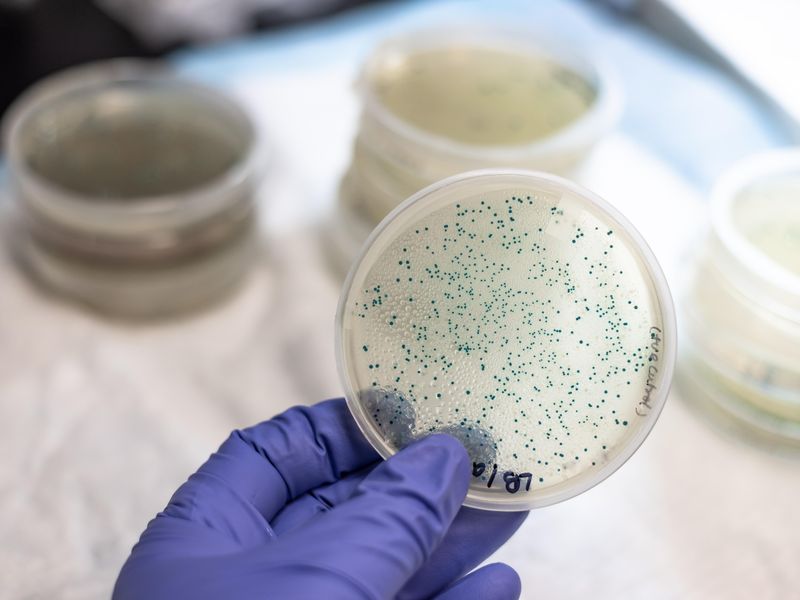WEDNESDAY, July 13, 2022 (HealthDay News) — The impact of the COVID-19 pandemic on antimicrobial resistance is addressed in a special report from the U.S. Centers for Disease Control and Prevention.
Noting that antimicrobial resistance was one of the main public health concerns prior to the COVID-19 pandemic, researchers examined the impact of COVID-19 on antimicrobial resistance.
The authors note that deaths from antimicrobial resistance decreased by 18 percent overall and nearly 30 percent in hospitals between 2012 and 2017 due to significant investments in prevention efforts. However, resistant hospital-onset infections and deaths increased at least 15 percent during the first year of the pandemic. U.S. hospitals saw increases in four of six types of health care-associated infections in a 2021 analysis, including infections resistant to antibiotics or antifungals. From 2019 to 2020, increases in resistant infections included a 78 percent increase in carbapenem-resistant Acinetobacter, a 60 percent increase in antifungal-resistant Candida auris, a 35 percent increase in carbapenem-resistant Enterobacterales, and a 13 percent increase in methicillin-resistant Staphylococcus aureus. To better respond to the challenges of antimicrobial resistance and emerging threats, the CDC recommends continuing to extend high-quality infection prevention and control training to all health care professionals; increasing infection prevention and control implementation in facilities beyond hospitals; and communicating clearly to the public regarding the spread of disease.
“We need to emphasize and expand the implementation of the effective prevention strategies that are already in CDC’s toolbox to all health care facilities,” Denise Cardo, M.D., director of the CDC Division of Healthcare Quality Promotion, said in a statement.
COVID-19: U.S. Impact on Antimicrobial Resistance, Special Report 2022
Copyright © 2022 HealthDay. All rights reserved.


